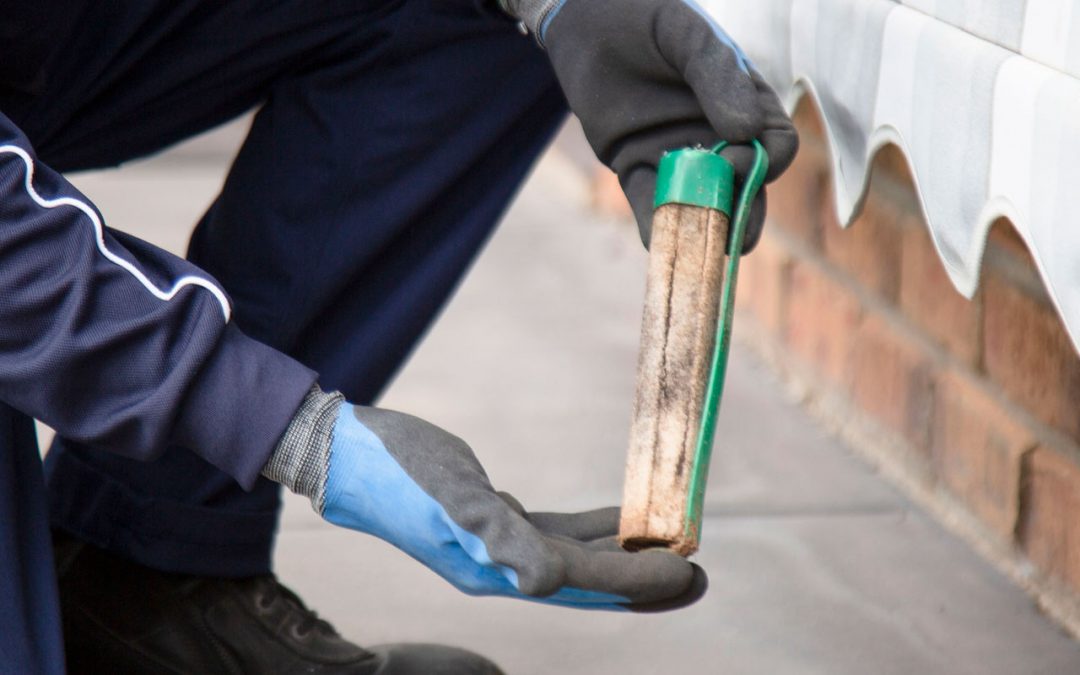
How often do I need a termite inspection?
How often do I need a termite inspection?
Subterranean termites are the main species of termites in Adelaide, and these highly destructive creatures are notorious for causing substantial damage to homes and businesses. The best way to prevent them from costing you expensive repairs is to have an effective termite management plan in place.
While we strongly advise having physical or chemical barriers installed at your property, the most important way to prevent termites is by scheduling regular professional termite inspections.
If you’re due for a termite inspection or wondering how frequently you need to have one, we answer the 4 of the most commonly asked questions about this all-important step in protecting your home.
What questions will this article answer?
Why do I need more than one termite inspection?
Although most homes and businesses in Adelaide have modern, up-to-date physical and chemical termite barriers to keep termites away, they are usually only designed to last an average of 8-20 years. During this time, termites can still penetrate the barriers to enter your home, so it’s important to have regular, ongoing inspections to check that they are working effectively, and detect the earliest signs of termite breaches.
How often should you have a termite inspection in Adelaide?
The CSIRO recommends termite inspections should be conducted at least annually, if not more frequently, depending on the type of termite species present, the type of building construction, whether or not there are particular physical or environmental risk factors which predispose a termite attack, geographical region and previous termite damage within or surrounding the property.
When should I get a termite inspection if I have a pest barrier?
For newer homes, termite activity may still occur even with a recently installed termite management system, so it’s important to have a professional check that the barriers are still effective. For established homes, it’s important to identify any potential termite risk factors, existing damage and that the termite protection plan for the property is up-to-date and adheres to Australian Standards.
How much does a termite inspection cost?
You can have a comprehensive termite inspection with Allstate starting from $198. For larger homes and properties or more complex inspections requiring additional equipment to improve accessibility or detection, an extra fee may be charged.
Why do I need more than one termite inspection?
Most homes and businesses in Adelaide have a termite management system in place, usually through modern and up-to-date physical and chemical barriers, which are highly successful at keeping termites away.
However, like many things in life, they aren’t permanent. Physical termite barriers are designed to last an average of 20 or more years and chemical barriers 8 or more years. As termites are persistent pests, they may still be able to find small gaps and crevices to penetrate the barriers and enter your home.
That’s why part of an effective termite management system involves having not only termite barriers, but also making sure that they are still doing their job properly.
Having regular, ongoing termite inspections by a licensed professional to identify early signs of termite breaches means that you can act quickly to stop termites from causing damage to your home.
How often should you have a termite inspection in Adelaide?
Subterranean termites are the most common species of termites found in Adelaide. They live underground and are known to cause substantial damage to timber structures. To minimise your risk of an attack, it’s recommended that you have an annual routine termite inspection by a licensed professional.
Australian national guidelines for termite inspection
The CSIRO recommends following the advice which is outlined by the Australian Environmental Pest Managers Association (AEPMA) to determine how regularly your property requires termite inspections.
These guidelines state that termite inspections should be conducted at least annually, if not more frequently, depending on:
- The type of termite species present
- The type of building construction
- Whether or not there are particular physical or environmental risk factors which predispose a termite attack
- Geographical region
- Previous termite damage within or surrounding the property
Cooler weather in Adelaide draws termites indoors
Areas with warm, humid climates and dense vegetation – such as Sydney and Brisbane – possess ideal breeding conditions for termites.
However, for a city like Adelaide, which is generally cooler, this means that termites are more likely to seek warmth indoors – most likely within the walls of your home.
At Allstate, we use a combination of traditional tools and modern technology to identify even the smallest signs of termite activity inside your home during your annual termite inspection.
Don’t risk termite damage to your home, book your annual termite inspection today
 or
or
When should I get a termite inspection if I have a pest barrier?
Given that physical and chemical termite pest barriers are designed to last between 8 and 20 years, it’s helpful to make sure that they remain effective over their lifespan. Whether you’re purchasing an existing home or building a new one, you may want to consider an independent, expert opinion on whether your level of termite protection is adequate.
Newer homes
According to the National Construction Code, it’s compulsory for all new homes to have built-in termite protection. However, it also states that termite activity may still occur even with the presence of a termite management system.
These persistent pests have even been known to penetrate treated timber, steel roofing and even electrical wiring.
Having ongoing termite activity means that regular termite inspections are still necessary to identify any breaches to your barriers. Our inspection reports will detail termite barrier maintenance recommendations to safeguard your new home from any potential damage.
Check the integrity of an existing termite pest barrier
Making sure that you have a reliable termite pest barrier installed is the best way to safeguard you and your family from the threat of a termite outbreak.
If you’re buying an existing home, or living in an older home, it’s important to check for potential termite risk factors, previous damage and that the termite protection plan for the property is up-to-date and adheres to Australian Standards.
At Allstate, we offer pre-purchase termite inspections and quotes to update existing termite barriers, allowing you peace of mind before making these important financial decisions.
We’ll make sure your home is safe from termites
 or
or
How much does a termite inspection cost?
You can have a comprehensive termite inspection with Allstate starting from $198. For larger homes and properties, or more complex inspections requiring additional equipment, an extra fee may be charged. Please contact Allstate on 8371 1277 and speak to one of our friendly consultants to arrange a free quote.
Protect your home with regular termite inspections
At Allstate, have seen firsthand the damage and heartbreak caused by a termite infestation.
The good news is that this can be avoided through regular, routine termite inspections of your property. We understand that you’re busy, so we’re happy to work around your schedule.
Whether it’s indoors or outdoors, our team of licensed termite inspectors is highly trained to detect the early, subtle signs of termite activity around your home. We always conduct our inspections in accordance with Australian Standards.
With the assistance of a range of modern equipment, we have the expertise to identify the presence of high risk factors so that we can determine the likelihood of an outbreak.
We’ll make sure that all of our observations and findings are communicated to you in a clear, concise report so that you stay up to date with keeping your family safe from termites.
About Allstate
Since 1986, we’ve helped many homes and businesses around Adelaide stay termite-free through with through a range of services. Alongside our thorough inspections, we also install pre-construction termite barriers and offer high quality, long lasting treatments to prevente any outbreaks.
We offer payment plans to make sure that you don’t have to miss out on any important inspections. To make sure that you’re completely satisfied, all of our services come with a 100% money back guarantee.
If you’re due for a termite inspection or noticing signs of termites around your home, speak to a friendly Allstate consultant today.

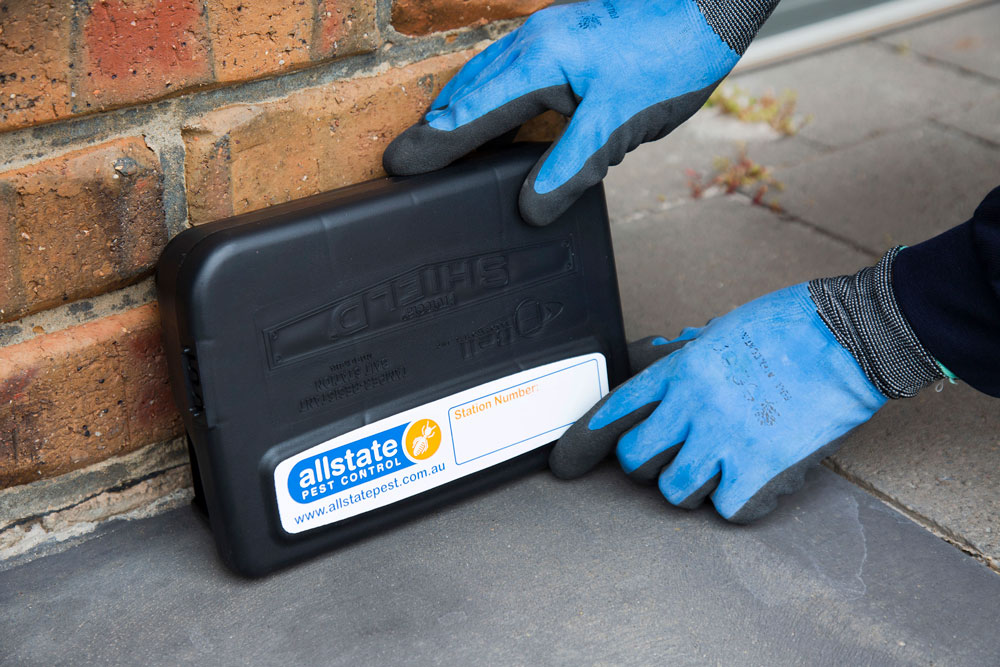

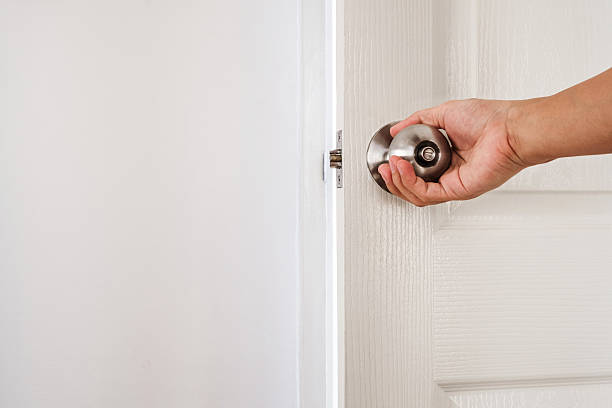




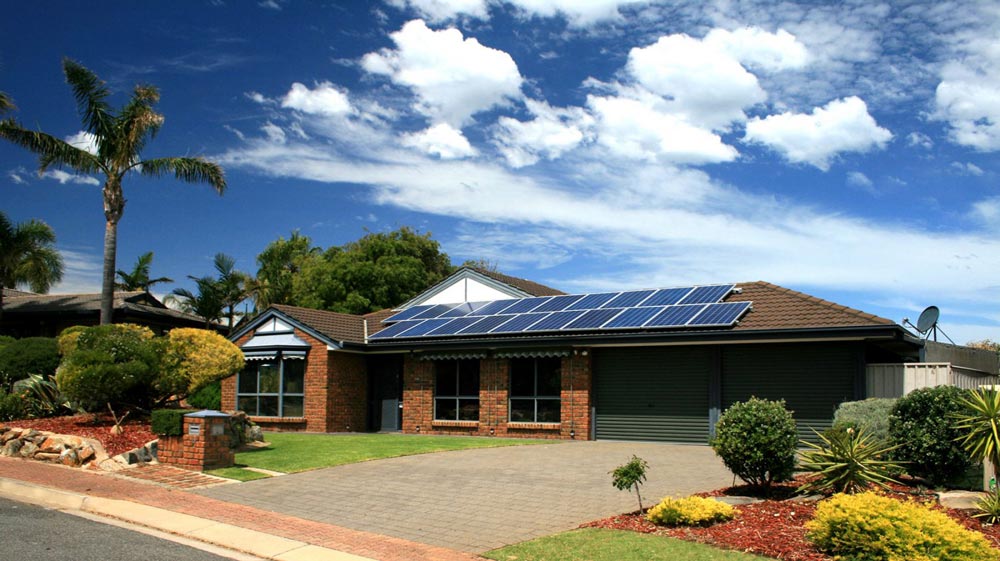
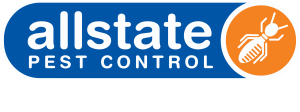


Recent Comments